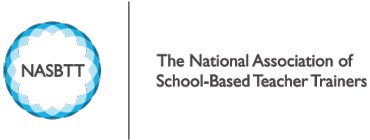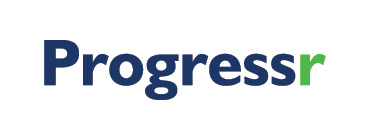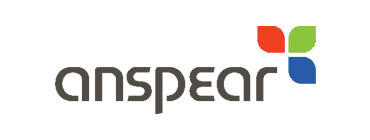Frequently Asked Questions
If you have any questions, from funding through to eligibility criteria see our frequently asked questions below.
How do I know what codes to use when applying?
You can find all the information you need on https://www.gov.uk/find-postgraduate-teacher-training-courses. All teacher training courses are published here.
I currently work at a school, how can I do my training at the same place?
You need to approach them first and check that they have the capacity to train you and on which route (salaried or non-salaried). If they are willing to train you and they are one of our consortium schools, we need to publish their vacancy so you can apply and go through our recruitment process. If they are not part of our consortium schools, they will have to apply to become part of our group of schools. This is an easy process, schools interested to join our consortium of schools only need to get in touch with us.
What is the difference between PGCE and School Direct Route?
The School Direct Route provides more hands-on training. You apply directly to the school you want to train in and if you are successful at your interview you will start your training with them from the beginning of the academic year. You have lectures with your training provider once a week. The University PGCE lead route provides a more academic approach to teacher training. You will spend less time in schools and more time at University and you don’t get to choose your placements.
How will I be supported to find employment after my training?
A high percentage of our trainees remain within our consortium of schools. Often, teaching vacancies in our schools are shared with us and promptly contact our trainees to make them aware and encourage them to apply. When needed, we offer advice throughout the application process.
What happens after my training?
After your training, you are awarded your Qualified Teacher Status (QTS). You can start working in a school as a qualified teacher.
What is the minimum salary I am expected to earn on the Salaried route?
There is an Unqualified pay scale that schools have to refer to. The requirement is that you receive a minimum salary equal to the Unqualified scale 1. Ultimately, salaries can be discussed at an interview and negotiated taking your prior experience into consideration.
What is the difference between Salaried and Non-Salaried places?
Training on the salaried route allows you to gain a salary whilst you train. You are employed by a school as an unqualified teacher and you are trained on the job. This route is advisable for graduate candidates who have at least 3 years of transferable work experience.
As a non-salaried trainee, you are supernumerary which means you don’t have your own classes and you are always with a qualified teacher. Your training will start with an observation period and your teaching load will gradually increase over your training year. As a non-salaried trainee you will have to fund your own training, some subjects give you access to a bursary.
Can I get a Tuition Fee Loan if I already have a Student Loan from University?
Yes, you can.
Can I get a bursary and a student loan?
If you are training on a non salaried training route, you are eligible for a student loan. Only some subjects give access to a bursary. You can have access to both of them at the same time. Please click HERE for further information.
I have a 3rd class degree, can I get a Bursary?
Unfortunately, you need to have a 2:2 or above to be entitled to a bursary.
I have overseas qualifications, can I apply before my qualifications are verified?
Yes, you can apply before they are checked by ENIC. However, we strongly advise you to carry out the relevant checks as soon as you can as they can take a long time to be processed. If you are successful at an interview, presenting a satisfactory statement of comparability will be a condition to your offer. However, this will need to be in place before the start of your course.
I have qualifications from overseas. How can I find out if they are equivalent to UK qualifications?
You will need to send your transcripts and certificate to ENIC. Please click HERE to access their website. They will issue you with a statement of comparability.
Where can I do my equivalency test / Do KMT accept tests from anywhere?
We accept equivalency tests from a variety of providers as long as they are Level 2 Maths and English and not Level 2 Functional Skills in Literacy and Numeracy. If you are applying for our Primary course, we accept a Level 2 qualification in Core or Applied Science as well as a Level 2 qualification in a single science (Biology, Chemistry or Physics). We encourage you to shop around as prices differ from one provider to another.
Can I do an equivalency test at the same time as applying or does it have to be completed before I can apply?
Yes, you can gain your equivalency qualification after applying. If you are successful at an interview, passing your equivalency qualification will be a condition to your offer. However, this will need to be in place before the start of your course.















